‘Tragedy’ as Australia loses policy ‘passion’, forgoing leadership to follow: Alexander Downer
Former foreign minister Alexander Downer has decried the ‘tragedy of modern Australia’, which has ‘lost its passion’, as it abandoned policy leadership and followed the pack.
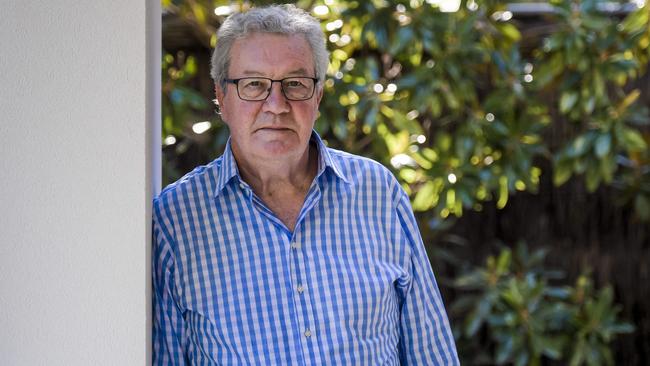
Former foreign minister Alexander Downer has decried the “tragedy of modern Australia”, a country that has “lost its passion”, as it abandoned policy leadership and followed the pack amid a rudderless direction.
Anthony Albanese and his government, Mr Downer said, should “hang their heads in shame”, accusing the Prime Minister of being “satisfied” with inadequacy and choosing to follow rather than lead.
The intervention by the influential former Liberal minister follows ex-treasurer Peter Costello telling The Australian this month that Australia’s opportunity to remain a global economic leader was slipping away, with the nation risking a return to the “middle of the pack”.
The criticism of Mr Albanese and the direction of his government, albeit from figures from across the aisle, has become frequent, and Mr Downer said Australia now leant on its “beaches and beautiful weather”.
“There is very little international interest in Australia … (its) international reputation these days is much more about beaches, unusual marsupials, dangerous spiders and beautiful weather,” Mr Downer writes in The Australian on Monday.
“That was the old picture of Australia before it developed a reputation for being the go-to-place to see good policy in action.
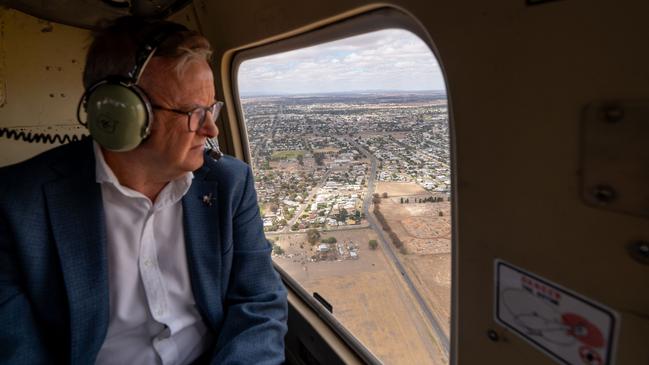
“This is the tragedy of modern Australia. It has lost its mojo. It’s lost its passion for innovative liberal policymaking and instead replaced it with the policy packages of Europe.”
Mr Downer was Australia’s high commissioner to the UK for four years from 2014 and is now chairman of influential British think tank Policy Exchange. He said Australia’s agenda-leading policy outlook in the early noughties had been jettisoned.
“We have abandoned economic reform and replaced it with a European-style social democratic model of big government spending, almost zero productivity growth, stagnant real living standards and GDP growth, which is anaemic,” he said.
“The sad fact is, the political class in Australia seems satisfied with this miserable record. They shouldn’t be. They should hang their heads in shame.”
Writing in The Australian, Mr Downer pointed to the state of the economy in 2005 toward the end of John Howard’s premiership, which saw an economic growth rate of about 3.5 per cent, rising productivity and per capita economics, alongside increasing consumption and business investment.
It comes after Jim Chalmers’ mid-year budget update forecast deficits for at least a decade and government spending holding at near record levels, with economists warning that public spending was leading to uncertainty for the Reserve Bank and economic reforms established in the 1980s and ’90s were backsliding under Labor.
Mr Downer’s former cabinet colleague, Mr Costello, previously told The Australian the nation’s envious economic position – which began under the Hawke government and continued under the Howard government – had been erased, and that structural reform had become non-existent.
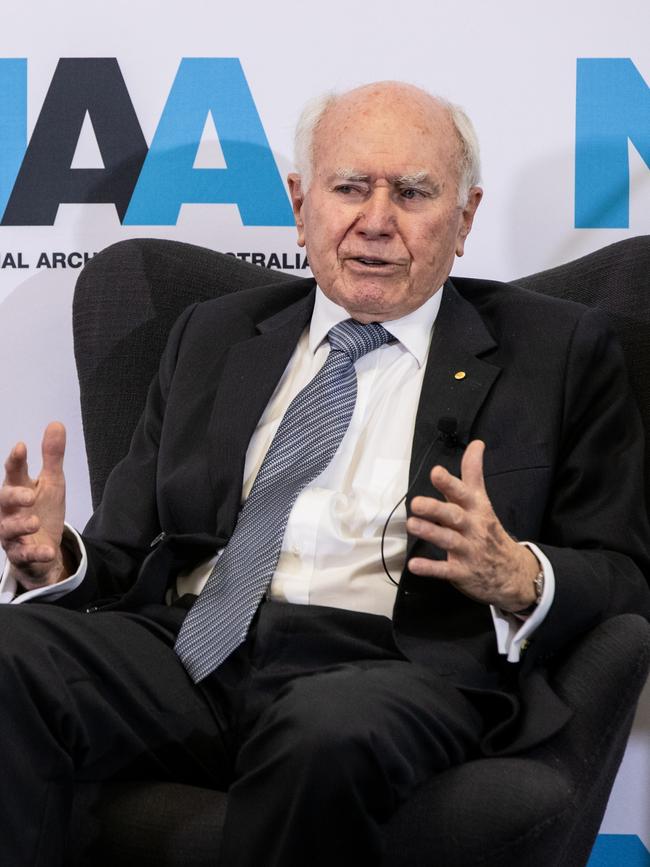
“What we have lost is our exceptionalism – the idea that we can be exceptional,” Mr Costello said.
“We were considered a model for other Western nations. This process began with (Bob) Hawke and (Paul) Keating but the fiscal high point – 10 budget surpluses and the retirement of all commonwealth debt – was considered to be Australian exceptionalism.”
In the government’s December MYEFO, the Treasurer revealed a $58.3bn pre-election splurge, a decade of deficits and a four-year, $22bn blowout in the budget bottom line.
Writing in Inquirer, The Australian’s editor-at-large, Paul Kelly, noted how Australia’s structural economic problems set in “long before the Albanese government”, stretching back to the Rudd-Gillard era, calling the malaise structural without a “silver bullet” fix.
On immigration policy, Mr Downer said the rest of the world had previously turned to Australia – a “world leader” on the issue – for answers, given its “robust and successful program”.
And citing its record on the world stage, Mr Downer compared previous governments’ action in Southeast and East Asia during the region’s economic crisis, peacekeeping efforts in East Timor, and contributions to the War on Terror with what he called the current Labor government’s abandonment of “embracing the Western alliance”.
“We have turned on our most important ally in the Middle East, Israel, during its greatest moment of need since 1948,” he said.
“Because we have become a half-hearted supporter of the Western alliance.”


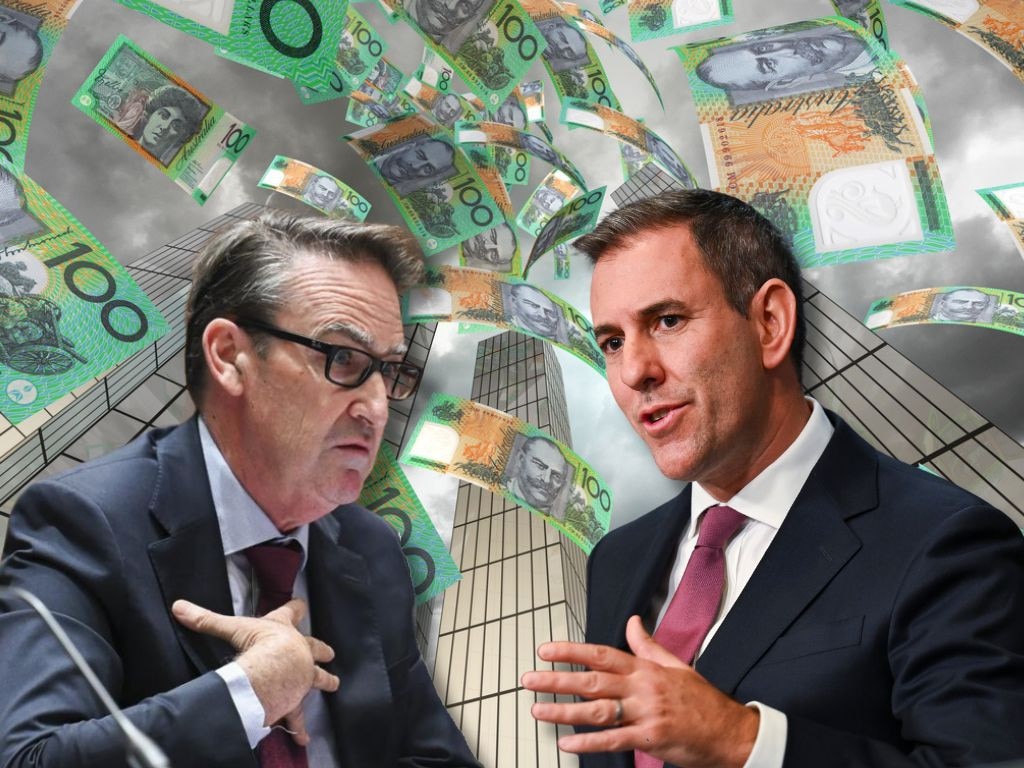


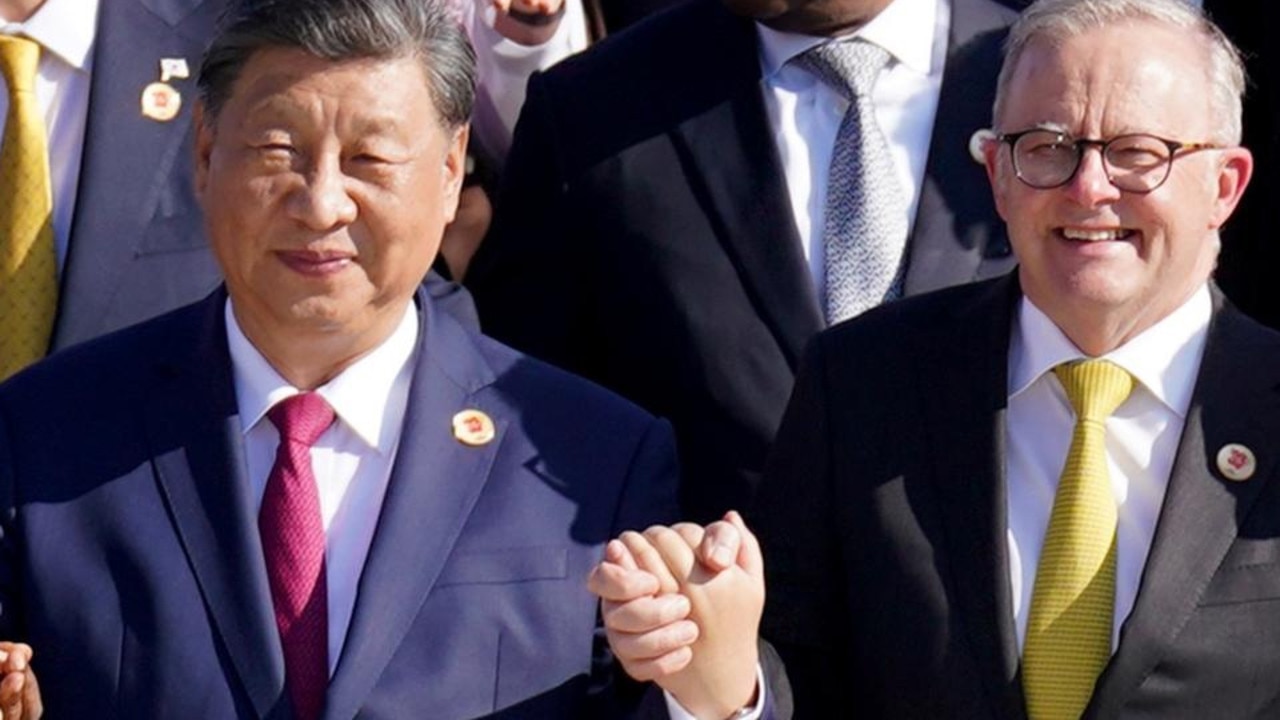

To join the conversation, please log in. Don't have an account? Register
Join the conversation, you are commenting as Logout